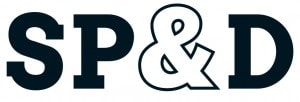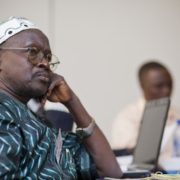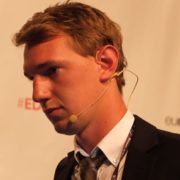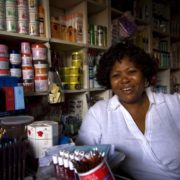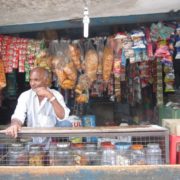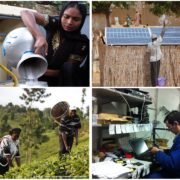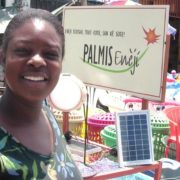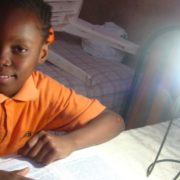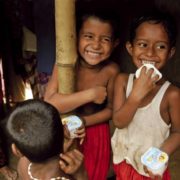Access to quality sanitation in kenyan slums: ...
Sanergy strives to leverage the entire sanitation value chain to create vibrant micro-businesses in informal settlements and by-products that can be marketed to Kenyan farmers. Hazardous waste is removed from local communities and converted into organic fertilizer and animal feed, for which there is high demand.
However, experience has shown that all stakeholders need to derive benefit from each component of the business model to secure the community buy-in that is essential to the success of any local business.
The idea for Sanergy originated at Massachusetts Institute of Technology (MIT) when stu- dents were asked to develop a business solution to a poverty challenge that affects at least one billion people around the globe. Ani Vallabhaneni, Lindsay Stradley and I decided to leverage our previous experiences to develop a systems-based solution to the urban sanitation crisis. 4.1 billion people lack access to basic sanitation facilities (Baum et al., 2013), resulting in one million deaths and USD 260 billion in lost productivity (World Bank, 2013) annually. Over one billion people currently live in urban slums, and this number is expected to double by 2030 (UN-Habitat, 2003). In Nairobi, 2.5 million slum dwellers rely on unsanitary practices such as “flying toilets”1 and pit latrines.
Sanergy’s initial focus was on developing a dense network of payper-use toilets throughout Nai- robi’s informal settlements and collecting and converting the waste into organic fertilizer and biogas. However, our focus gradually shifted in two significant ways. First, we developed two additional distribution channels to reach a more diverse group of potential customers and to serve more customers based on their demands. In 2014 we began marketing toilets to landlords, who provide the facilities as a value-add service to tenants, and to schools. Second, we began expe- rimenting with other ways of processing waste, and we developed a high-protein, pathogen-free, insect-based animal feed.
More infos on “Secteur Privé & Développement” blog, animated by Proparco.


